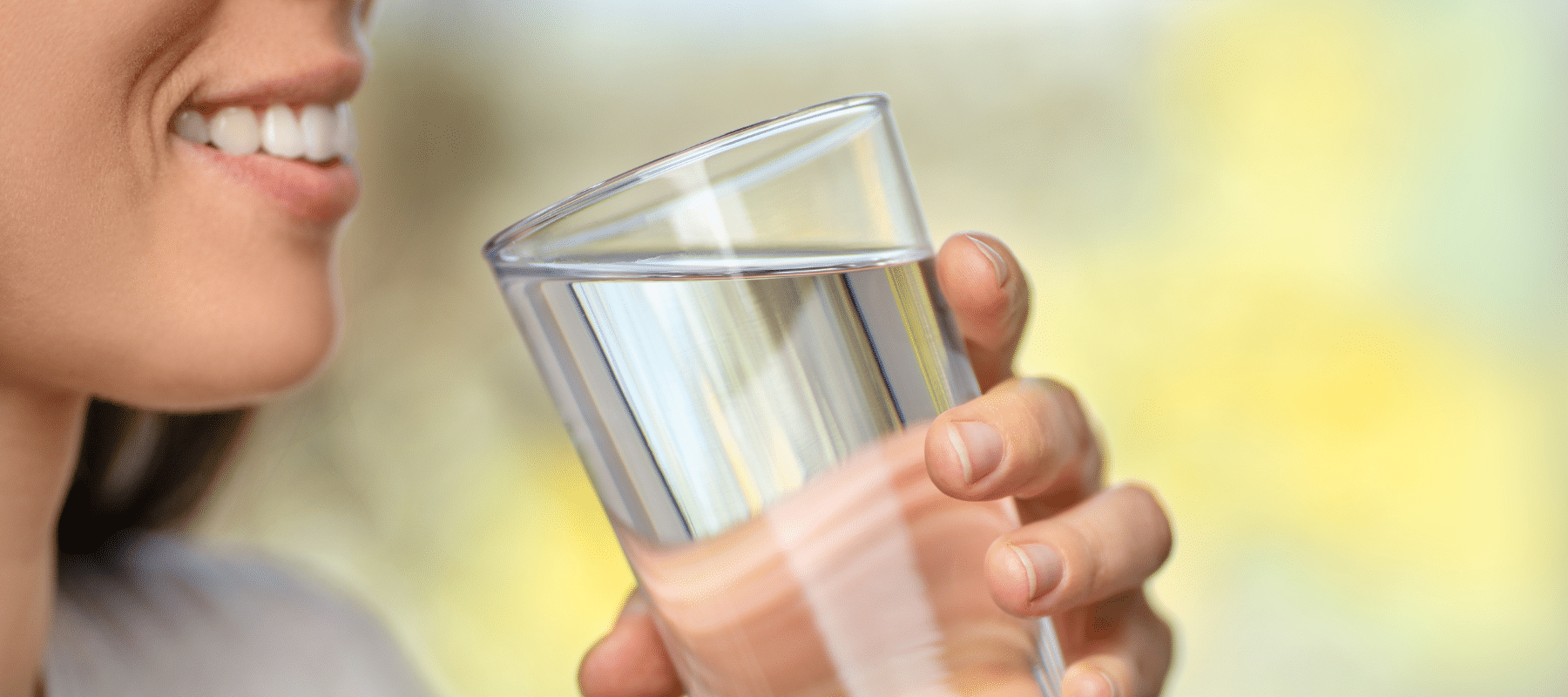Experience The Benefits Of Water Filtration In The Phoenix, AZ, Metro Area
Water is a vital resource, but not all water is equally clean or suitable for consumption! The benefits of water filtration go beyond taste — Kinetico® whole-house water filters ensure that water is cleaner for your home and family.
AquaZona, serving the Phoenix Metro area, provides top-tier drinking water systems for filtration needs. Trust us to address concerns unique to the region.
Why Is Filtering Water Important?
Filtered water offers numerous advantages, from removing contaminants to improving the efficiency of household appliances. In Arizona, water quality can be affected by high mineral content and other impurities. These conditions make filtration essential for safer water consumption.
Common Impurities In Phoenix’s Water
Water in the Phoenix Metro area is known for containing minerals and potential impurities, including:
- Hard water minerals like calcium and magnesium
- Chlorine used in municipal water treatment
- Heavy metal traces, such as lead or arsenic
- Forever chemicals (PFAs)
These issues highlight why Kinetico water systems are important in maintaining the quality and safety of your water supply.
4 Benefits Of Water Filtration
Installing a water filter system in your home provides tangible benefits. AquaZona details some notable advantages of this technology below.
Cleaner Drinking Water
Filtration removes many water contaminants, offering safer water for drinking and cooking. It helps reduce exposure to impurities like chlorine and heavy metals, contributing to better drinking water.
Better Water Taste and Odor
Unfiltered water can carry a metallic or chemical taste. Filters help enhance water flavor and eliminate poor odors, making water more enjoyable to consume.
Appliance Efficiency Improvements
Using a Kinetico water filter helps improve the efficiency of water use throughout your home. By removing sediments and impurities, Kinetico filters reduce buildup in plumbing and fixtures. This process promotes smoother plumbing operations and fewer maintenance issues.
More Environmental Benefits
Kinetico systems use less water during operation than other brands of filters. Additionally, using filtered tap water reduces reliance on bottled water, which contributes to plastic waste and energy consumption. These systems also help reduce the expenses of buying single-use water bottles.
Why Are Water Filters Important For Your Home?
For Arizona residents, water filters aren’t just a luxury — they’re a necessity. Water in the Phoenix Metro area undergoes daily treatment and testing to ensure it’s suitable for consumption. However, it doesn’t mean that the supply is free of all impurities.
The region’s hard water and potential for contaminants mean that investing in water systems safeguards your family and your home’s infrastructure. Systems like reverse osmosis or combination filtration address specific concerns, ensuring your water is cleaner and safer for daily use.
Choosing The Right Kinetico Water System
Selecting the right Kinetico system is essential for achieving maximum benefits. AquaZona offers expert guidance to help you choose water systems tailored to your needs, such as:
- Whole-house filtration systems — Offers comprehensive water treatment throughout your home
- Combination water systems — Provides targeted purification and water-softening capabilities
- Reverse osmosis systems — Ideal for removing dissolved solids and impurities
Experience Advanced Kinetico Water Filtration With AquaZona
AquaZona, your trusted water expert in the Phoenix Metro area, ensures you get the best water solutions for your household needs. Whether you’re curious about the benefits of water filters or exploring system options for your home, we’re here to assist you.
Contact our water quality specialists today to learn how our Kinetico water systems can transform your water.





